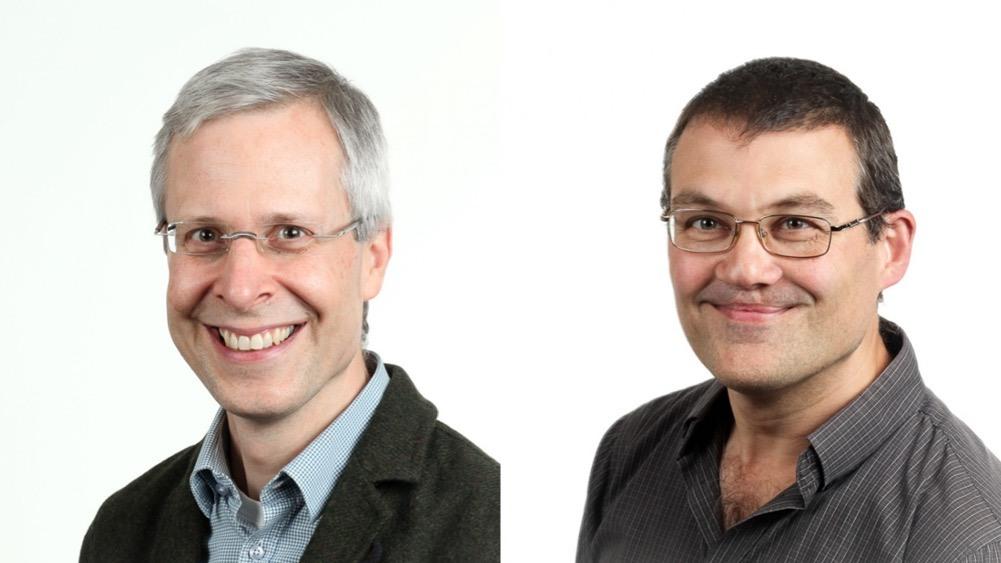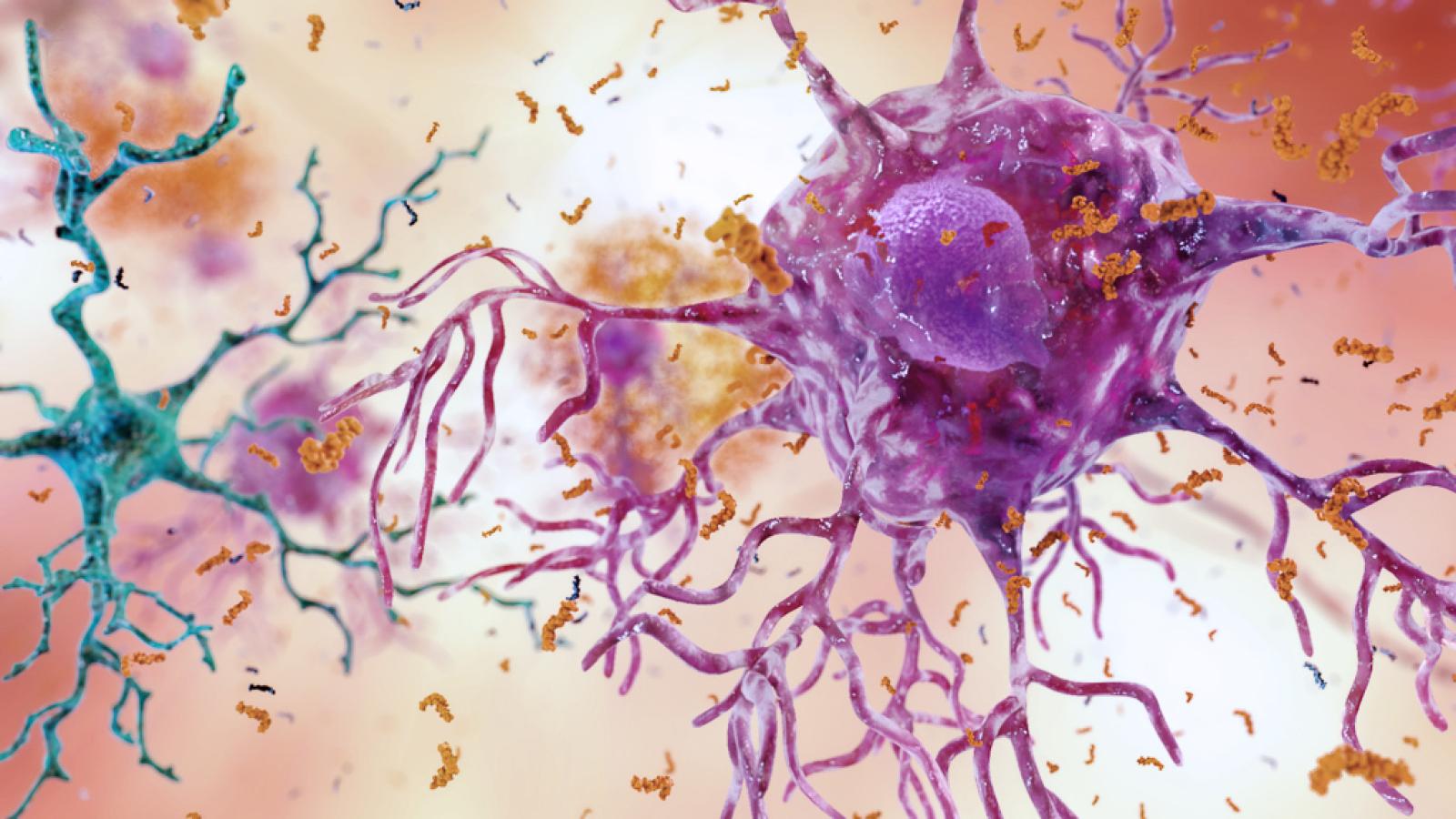We are pleased to announce the latest recipients of our cross-centre postdoctoral awards – a scheme designed to stimulate exciting new academic relationships, and encourage collaboration between researchers across our seven centres. The projects awarded in this round will investigate the mechanisms linking traumatic brain injury and dementia, and the use of stem cells as a model for microglia.
We believe that teamwork is the key to future breakthroughs for people affected by dementia, and one of our strengths as an institute comes from the ability to bring together diverse expertise and create new avenues for dementia research.
The cross-centre programme is one initiative designed to stimulate these collaborations, providing funding to pairs of UK DRI Group Leaders (or associated members) for one postdoctoral researcher over three years, who will share their time between two labs at different UK DRI centres. Those involved in the projects will benefit greatly from the shared expertise of the Group Leaders and access to state-of-art technology and resources.
Each year we are impressed by the ingenuity and novelty of these proposals which draw together the diverse skills and expertise of our research community. Collaboration is at the heart of what we do as an institute, and we hope that these innovative, cross centre projects will bring us closer to achieving our mission of finding new treatments for people affected by dementia.Dr Aoife KielyUK DRI Science Review Manager
The panel were particularly impressed by the calibre and scientific strength of the proposals submitted in this third round of the programme, and the following two projects were selected for funding:
Cellular and circuit mechanisms linking traumatic brain injury and dementia
Prof Dave Sharp (UK DRI Care Research & Technology Centre) and Dr Marc Busche (UK DRI at UCL.
Traumatic brain injury (TBI) increases the risk of developing dementia, but the mechanisms are not yet widely understood. In this study, the UK DRI at UCL and the Care Research & Technology Centre are collaborating to investigate the link between TBI and neurodegeneration. This project will use cutting-edge methodologies to examine the functional and structural effects of TBI on the brain, determining the impact of TBI within single cells, and the brain as a whole. In particular, the researchers will examine the role of tau, a protein implicated in Alzheimer’s and other neurodegenerative diseases, in TBI. The new postdoc will assess promising therapeutic approaches to slow and reverse the effect of TBI on the brain and prevent the subsequent development of dementia.

A framework for the use of human iPSC-derived microglial cultures in translational platforms
Prof Josef Priller (UK DRI at Edinburgh) and Prof Phil Taylor (UK DRI at Cardiff)
Human induced pluripotent stem cells (iPSCs) are commonly used as a model to generate microglia-like cells. Microglia are the immune cells of the brain, responsible for fighting off bacteria and viruses, and cleaning up cellular debris. The models currently used to generate these cells are poorly characterised, and there is a need to be able to evaluate what constitutes useful iPSC derived microglial-like cells. This project, a collaboration between the UK DRI at Edinburgh and Cardiff, aims to develop a framework for the evaluation of these cells to facilitate protocol development and comparison between different lab groups who use iPSC-derived microglia-like cells in their research. Success will lead to more robust methodology in this field of research, and on the path to new therapies for diseases that cause dementia.
We will shortly be notifying applicants of the outcome of round 4 of this programme and will be launching round 5 in spring 2023 (closing date: late May 2023).
Find out about the projects awarded funding in the first and second round of this award.
Article published: 15 July 2022
Banner image: Shutterstock
